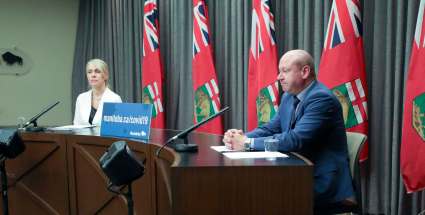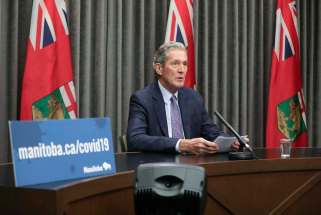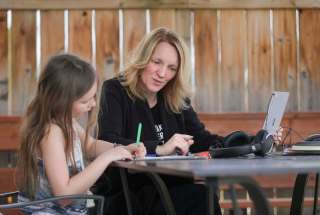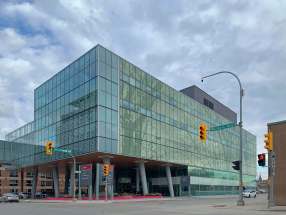Cottage country mayors urge seasonal residents to bring supplies, keep their distance
Read this article for free:
or
Already have an account? Log in here »
To continue reading, please subscribe:
Monthly Digital Subscription
$0 for the first 4 weeks*
- Enjoy unlimited reading on winnipegfreepress.com
- Read the E-Edition, our digital replica newspaper
- Access News Break, our award-winning app
- Play interactive puzzles
*No charge for 4 weeks then price increases to the regular rate of $19.00 plus GST every four weeks. Offer available to new and qualified returning subscribers only. Cancel any time.
Monthly Digital Subscription
$4.75/week*
- Enjoy unlimited reading on winnipegfreepress.com
- Read the E-Edition, our digital replica newspaper
- Access News Break, our award-winning app
- Play interactive puzzles
*Billed as $19 plus GST every four weeks. Cancel any time.
To continue reading, please subscribe:
Add Free Press access to your Brandon Sun subscription for only an additional
$1 for the first 4 weeks*
*Your next subscription payment will increase by $1.00 and you will be charged $16.99 plus GST for four weeks. After four weeks, your payment will increase to $23.99 plus GST every four weeks.
Read unlimited articles for free today:
or
Already have an account? Log in here »
Hey there, time traveller!
This article was published 27/04/2020 (2059 days ago), so information in it may no longer be current.
As April draws to a close, a clock ticks in anticipation for some people fortunate enough to know the pleasures of cottage season. This year, things are different.
The public health department has advised all Manitobans to stay home to prevent the spread of COVID-19. “We discourage going to the cabins, to the cottages,” the province’s chief public health officer Brent Roussin said last week. “It is best to stay home right now.”
Roussin has said that cottagers going into smaller communities rather than staying at home could overwhelm rural health care providers. The only reason someone should go to the cottage is if it’s essential, he said. If they must, they need to go only with family members who live together, not visit with anyone, and go directly to and from their destination without stopping elsewhere.
Still, communities are expecting some seasonal residents to come to their second homes to tend to their properties in the coming weeks.
Lynn Greenberg, the mayor of Gimli, said that if people want to come tend to their properties, they can, however the town is still respecting physical distancing requirements. “If people are going to come here, there isn’t much for them to do.”
“If people are going to come here, there isn’t much for them to do.”
– Lynn Greenberg, the mayor of Gimli
Greenberg said he hopes people understand that the provincial public health orders that apply in major cities also apply in smaller communities such as Gimli. In short, if you choose to go to your cottage, prepare to stay there and keep your distance from anyone else: mow your lawn, clean up your yard. The playgrounds are closed, as are the recreation centres. He understands taxpayers would like to tend to their properties, but asks they follow the rules.
It’s much the same in Dunnottar, says Mayor Richard Gamble, who said if people must come to their seasonal properties, it’s asked that they follow distancing measures and bring their own essential supplies.
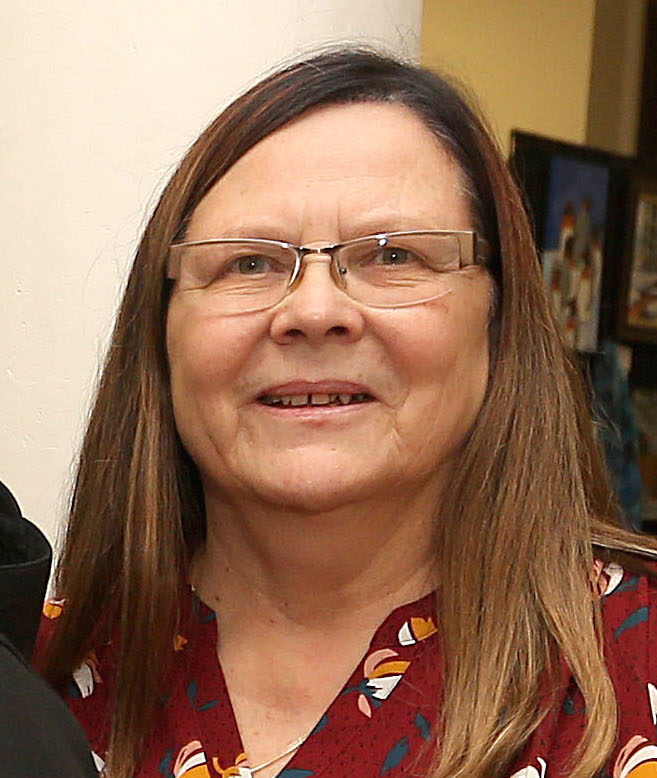
“I would hope and expect that the majority of people will respect the rules,” he said.
Debbie Fiebelkorn, the mayor of the rural municipality of St. Clements, which includes several cottage communities such as Grand Marais, Patricia Beach and Grand Beach, agreed.
“The long and short of it is we’re following what the province has said,” she said. “We do not want people going to their cabin and having the whole neighbourhood over.”
Winnipeg Beach Mayor Tony Pimentel said this past weekend, more cottagers began to arrive as the weather warmed as expected. Pimentel said Monday that anyone who does come to the cottage should bring their own essential supplies.
“We do not want people going to their cabin and having the whole neighbourhood over.”
– Debbie Fiebelkorn, mayor of the RM of St. Clements
The public health office agrees: its most recent declaration on cottage travel, which reiterates only essential visits should be made, states all necessary supplies, including prescriptions and medical supplies, should be brought from home. Vehicles should also be fueled before leaving.
In Winnipeg Beach, there are 1,100 residents, but the population could grow to 5,000 during July and August with seasonal residents. The RM of Gimli’s number of permanent residents nearly doubles in those months when accounting for cottagers; neither of those numbers account for day-trippers, who often flood the communities during long weekends.

Cottage-heavy areas like these face certain struggles if public health orders aren’t adhered to: population size can increase several fold during the season, and the services available, such as medical service and essentials, could dwindle if non-essential visits become routine.
The province warns not to use local health providers unless it’s an emergency. They also advise to avoid tasks at the cottage that may result in injury — a result that can easily be avoided by not going to the cottage at all.
Greenberg, who was re-elected mayor of Gimli in 2018 after four years in office earlier in the decade, said that so far, it appears cottagers in town have been respectful of the rules. But in the coming weeks, it’s crucial that continues.
“I hope people are educated enough to know it’s not going to matter whether you’re in the city or out here,” he said. “There’s not much to do but stay inside.”
ben.waldman@freepress.mb.ca

Ben Waldman covers a little bit of everything for the Free Press.
Our newsroom depends on a growing audience of readers to power our journalism. If you are not a paid reader, please consider becoming a subscriber.
Our newsroom depends on its audience of readers to power our journalism. Thank you for your support.
History
Updated on Monday, April 27, 2020 7:51 PM CDT: Fixes typo.
Updated on Monday, April 27, 2020 11:17 PM CDT: Fixes typos.
Updated on Saturday, May 2, 2020 5:45 PM CDT: clarifies information from officials

